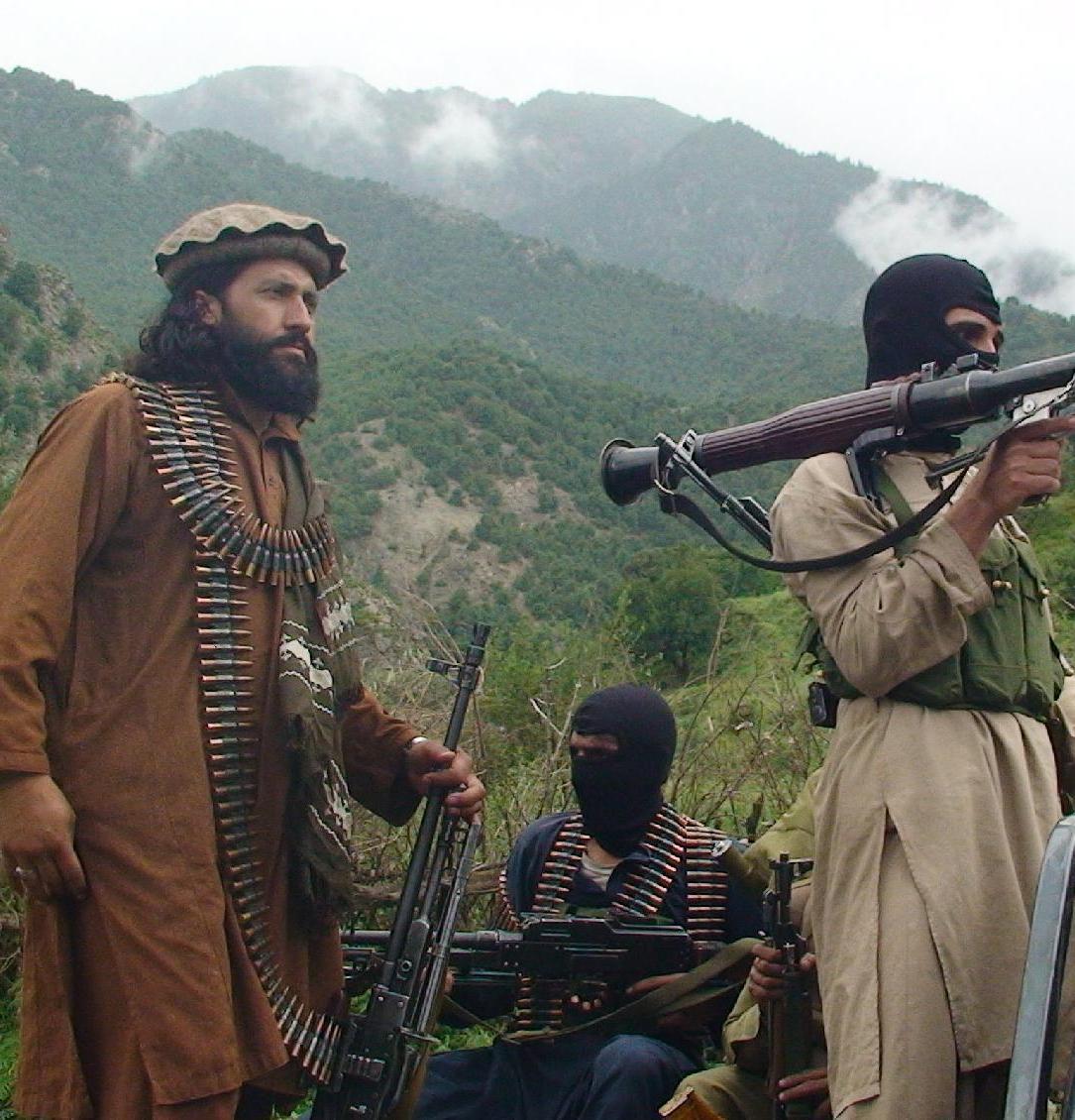Islamic State group reaches for Afghanistan and Pakistan to rival Al Qaeda, Taliban
Afghanistan and Pakistan, home to al-Qaeda and Taliban militants and the focus of the longest war in U.S. history, face a new, emerging threat from the Islamic State (IS) group, officials have told The Associated Press. Disenchanted extremists from the Taliban and other organizations, impressed by IS’s territorial gains and slick online propaganda, have begun raising its black flag in extremist-dominated areas of both countries. In Pakistan, an online video purportedly shows militants beheading a man while pledging their allegiance to the IS. In Afghanistan, there have even been reports of militant rivalries, with clashes erupting between Taliban fighters and IS militants.
It could be that young Afghans look to the more extreme tactics and the great, glitzy publicity of IS. They might find it attractive, or the Taliban might feel the need to compete and therefore become a bit more extreme and start carrying out horrific acts the way you see IS doing.
A Western diplomat, speaking on condition of anonymity
Analysts and officials say the number of IS supporters in the Afghan-Pakistan region remains small and that the group faces resistance from militants with strong tribal links. However, the rise of even a small Islamic State affiliate could further destabilize the region and complicate U.S. and NATO efforts to end the 13-year Afghan war. Smaller militant groups in Libya, Egypt, Lebanon and elsewhere have also pledged allegiance to the IS group’s leader and self-proclaimed caliph Abu Bakr al-Baghdadi, with some referring to themselves as “provinces.”
[The Islamic State is a] real and emerging threat for Pakistan. It has created a major survival challenge for the main militant actors who could now act to prove their operational credentials.
The Pak Institute for Peace Studies, an Islamabad-based organization tracking militant groups

Asia-Pacific islamic state